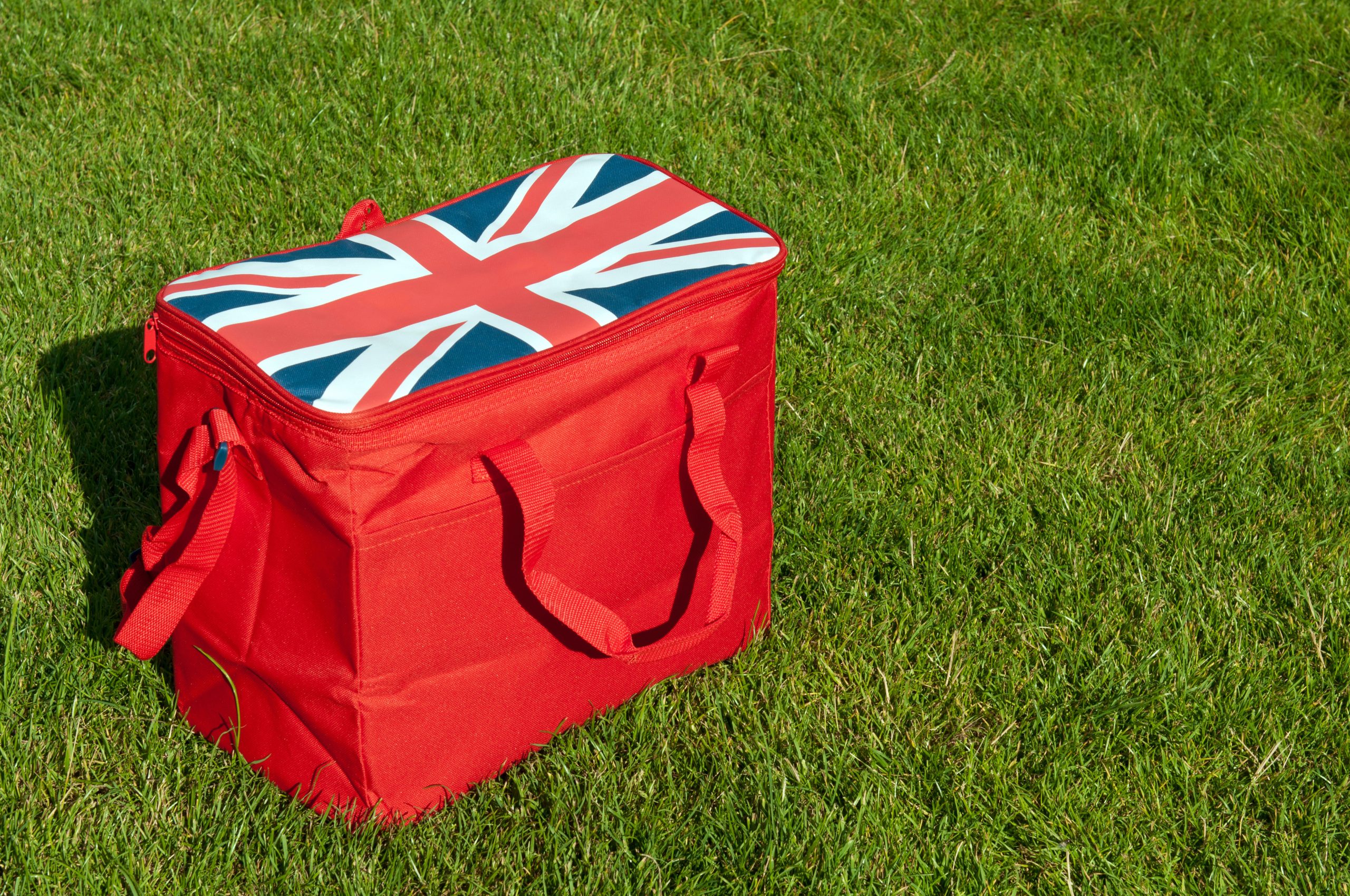Introduction to Urban Survival
Surviving in an urban environment requires a different set of skills than surviving in the wilderness. In this guide, we will cover everything you need to know about staying alive and safe in the big city during times of disaster or emergency. From building a bug-out bag to finding shelter and sourcing food and water, we’ve got you covered. Let’s get started!
Understanding the Threats in the City
The first step to urban survival is understanding the threats that are unique to the city. These can include natural disasters such as earthquakes or hurricanes, man-made disasters like terrorist attacks or riots, and even everyday crime. By identifying these potential risks, you can prepare yourself accordingly.
Building a Bug-Out Bag for the Urban Environment
Your bug-out bag is your most important tool when it comes to urban survival. It should be lightweight enough to carry with ease but contain all the essentials you may need in case of an emergency. Some key items to consider including are:
Water purification tablets or filters
Non-perishable food items such as energy bars or trail mix
First aid kit with bandages, antiseptic, and pain relievers
Flashlight or headlamp with extra batteries
Multi-tool or knife
Map and compass
Finding Shelter and Staying Warm in the City
In the event of a disaster, you may not have access to your home or usual place of residence. Finding suitable shelter is crucial to keeping warm and protected from the elements. Consider scouting out possible locations ahead of time, such as abandoned buildings or public shelters. You may also want to invest in a portable tent or other camping gear to help keep you dry and comfortable.
Sourcing Food and Water in an Urban Disaster
One of the biggest challenges facing urban survivors is finding clean drinking water and non-perishable food sources. Here are some tips on how to find sustenance in the city:

Look for stores or restaurants that sell sealed containers of bottled water
Use water filtration systems or purification tablets to make tap water potable
Forage for edible plants and mushrooms in parks or green spaces
Check trash bins at hotels or office buildings for uneaten food scraps
Communication and Signaling in the City
Staying connected with loved ones and emergency services is essential during times of crisis. Make sure you have a charged cell phone and plenty of backup battery power. You may also want to invest in a walkie-talkie or two-way radio to communicate with others in your group. If you need to signal for help, use brightly colored cloth or flares to attract attention.
Self-Defense Tactics for the Big City
Unfortunately, crime rates tend to rise during times of disaster or emergency. Knowing basic self-defense tactics can help protect you and your family from harm. Consider taking a class or researching online tutorials to learn techniques such as escaping holds or using pepper spray effectively.
Mental Preparedness and Coping Strategies
Surviving in the city can take a mental toll on even the toughest individuals. Practice mindfulness and meditation exercises to reduce stress levels and improve focus. Seek support from friends and family members whenever possible, and try to maintain a positive attitude despite the circumstances.
Practicing and Testing Your Urban Survival Skills
Regular practice and testing of your urban survival skills is critical to ensuring you are fully prepared in the event of an emergency. Set aside time each month to review your bug-out bag contents, test communication devices, and practice self-defense tactics. This way, you will feel confident and ready to face any challenge that comes your way.
Conclusion: The Importance of Being Prepared
Being prepared is the key to surviving in the city during times of disaster or emergency. By following the steps outlined above, you can increase your chances of making it through safely and securely. Remember to always stay alert, plan ahead, and never underestimate the importance of being prepared.